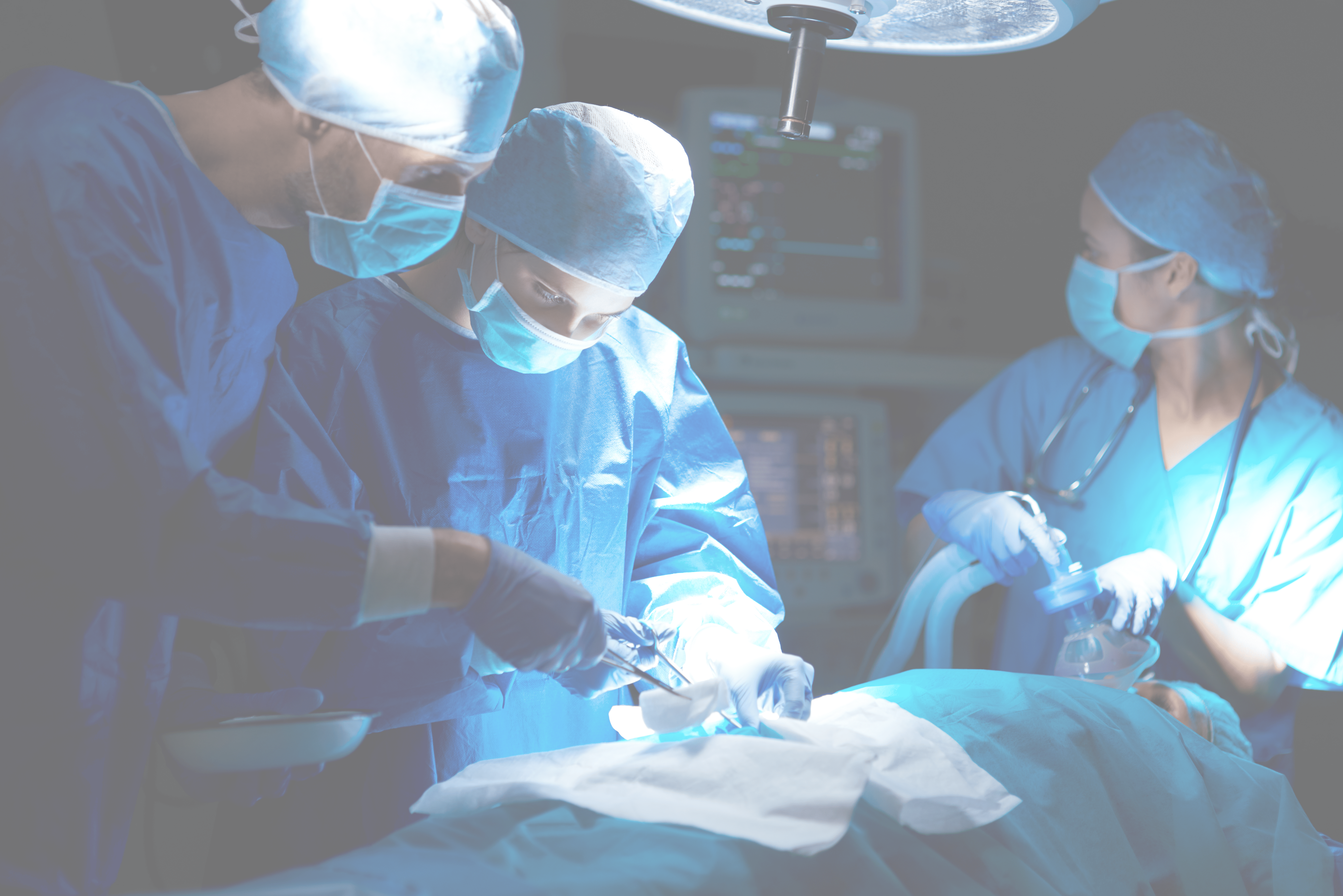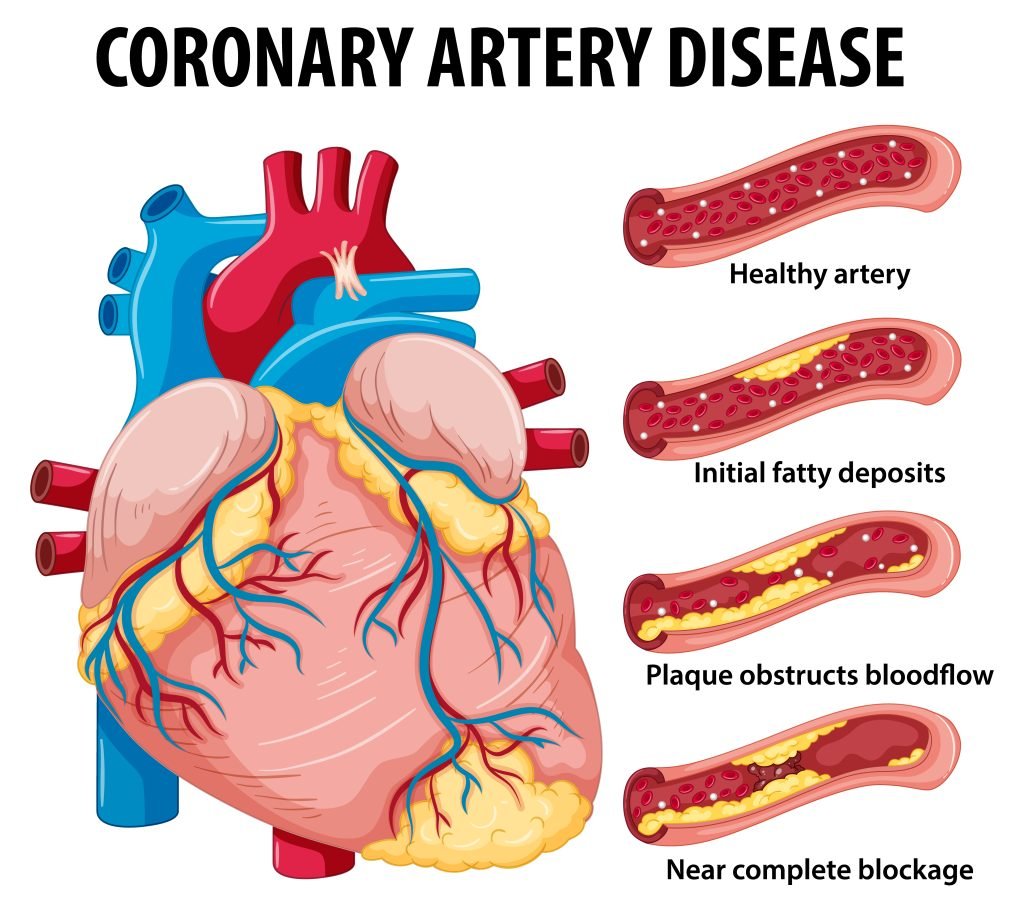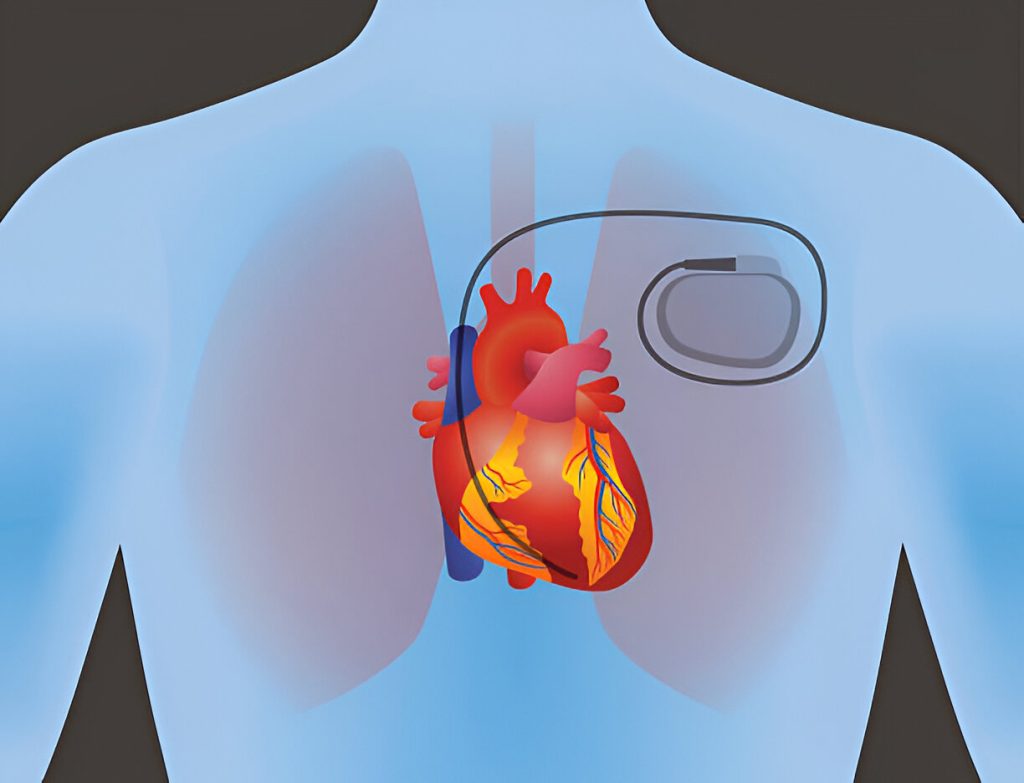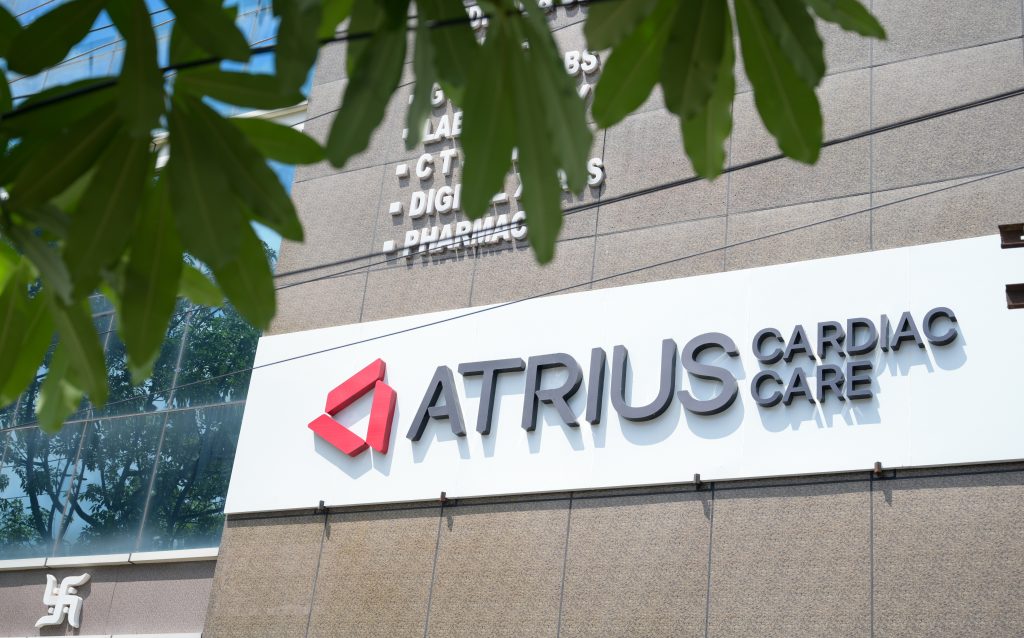Treatments

Heart surgery can be a daunting prospect for many, but understanding the various types of procedures, their costs, and what to expect during recovery can empower patients to make informed decisions. At Atrius Cardiac Care, we are dedicated to providing comprehensive cardiac care, ensuring our patients feel supported every step of the way. In this blog, we will explore the different types of heart surgery, the associated costs in India, and the preparation necessary for a successful outcome.
When it comes to heart surgery, there are several procedures designed to address specific heart conditions. Each type of surgery has its unique purpose and benefits, and understanding these can help patients navigate their treatment options.
One of the most common heart surgeries is coronary artery bypass grafting (CABG). This procedure is designed for patients suffering from severe coronary artery disease, where the arteries that supply blood to the heart become narrowed or blocked. During a CABG, surgeons take a healthy blood vessel from another part of the body, such as the leg or chest, and use it to bypass the blocked artery. This allows blood to flow more freely to the heart muscle, reducing the risk of heart attack and improving overall heart function.
CABG can significantly enhance quality of life and reduce the risk of heart attack, making it a pivotal procedure for many patients.
-Dr Ashish Gupta, Senior Consultant of Cardiology at Atrius

The Heart valves regulate blood flow through the heart, and when they become damaged or diseased, they can lead to serious complications. Heart valve repair or replacement is performed to restore normal blood flow. Surgeons can either repair the existing valve or replace it with a mechanical or biological valve. The recovery from heart valve replacement surgery varies, but many patients experience significant improvements in their symptoms and overall quality of life after the procedure.
For patients with arrhythmias, the insertion of a temporary pacemaker or an implantable cardioverter-defibrillator (ICD) can be life-saving. These devices help regulate heart rhythms, preventing dangerous arrhythmias that could lead to cardiac arrest. The pacemaker sends electrical impulses to the heart to maintain a regular heartbeat, while the ICD monitors heart rhythms and can deliver shocks if a dangerous rhythm is detected.

Maze surgery is a specialised procedure used to treat atrial fibrillation, a common type of irregular heartbeat. During this surgery, surgeons create a series of precise incisions in the heart’s atria, forming scar tissue that helps redirect electrical signals and restore a normal heart rhythm. This innovative approach can significantly improve symptoms and quality of life for patients with atrial fibrillation.
Aneurysm repair is crucial for patients with weakened blood vessels. An aneurysm can occur in various parts of the body, including the aorta, and if left untreated, it can lead to life-threatening complications. Surgeons may perform endovascular aneurysm repair or traditional open surgery, depending on the size and location of the aneurysm. This procedure aims to reinforce the weakened area of the blood vessel and restore normal blood flow.
In cases of severe heart failure, a heart transplant may be necessary. This complex procedure involves replacing a diseased heart with a healthy one from a donor. The heart transplant success rate has improved significantly over the years, thanks to advancements in surgical techniques and post-operative care. Patients undergoing a heart transplant must meet specific criteria and undergo thorough evaluations to determine their eligibility.
For patients awaiting a heart transplant or those who are not candidates for surgery, a ventricular assist device (VAD) or a total artificial heart (TAH) may be implanted to help the heart pump blood effectively. These devices can significantly improve the quality of life and extend survival for patients with advanced heart failure.
Transcatheter structural heart surgery is a minimally invasive technique used to treat various heart conditions, including valve diseases. This approach reduces recovery time and hospital stays, allowing patients to return to their daily activities more quickly.
Transmyocardial revascularization (TMR) is a procedure that creates small channels in the heart muscle to improve blood flow. It is typically used for patients with severe angina who are not candidates for traditional bypass surgery. This innovative technique can provide relief from chest pain and improve overall heart function.
Stent placement is a common procedure used to open narrowed arteries. During this procedure, a small mesh tube is inserted into the artery to keep it open, improving blood flow to the heart. This minimally invasive approach can often be performed in conjunction with angioplasty, where a balloon is used to widen the artery before placing the stent.
The cost of heart surgery in India can vary widely based on several factors, including the type of procedure, the hospital’s location, and the patient’s overall health. Understanding these costs can help patients plan for their treatment.
The open heart surgery cost can range from INR 1,50,000 to INR 5,00,000, depending on the complexity of the procedure and the hospital.
The Heart bypass surgery cost typically falls within the same range, with additional factors influencing the final bill, such as pre-operative tests and post-operative care.
The heart valve replacement surgery cost can vary significantly, often starting from INR 2,00,000 and going up to INR 6,00,000, depending on the type of valve used and the hospital’s reputation.
The stent placement in heart surgery cost typically ranges from INR 40,000 to INR 1,50,000, depending on the type of stent used and the hospital’s facilities.
Preparation for heart surgery is crucial for ensuring a successful outcome. Here are some key steps to consider:
Before surgery, patients will undergo several tests, including blood tests, imaging studies, and possibly a cardiac catheterization. These evaluations help the medical team understand the patient’s heart condition and plan the surgery accordingly.
Making lifestyle changes can significantly impact recovery. Patients are advised to:
Selecting the best heart hospital in India is vital for successful surgery and recovery. Look for hospitals with experienced cardiologists, advanced technology, and a strong track record of successful surgeries.
Post-surgery, regular follow-ups are essential for monitoring recovery and managing any complications. At Atrius Cardiac Care, patients receive comprehensive support, including:
At Atrius, we believe in empowering our patients with the knowledge and resources they need for a healthy recovery.
-Dr Jagdeep Yadav, Intervention Specialist and Associate Director of Cardiology at Atrius
Heart surgery is a significant step towards improving heart health, and understanding the different types of procedures, costs, and preparation strategies is crucial. At Atrius Cardiac Care, we are committed to providing exceptional cardiac care and support throughout your journey.
If you or a loved one is considering heart surgery, contact us today to schedule a consultation with our expert cardiologists. Together, we can develop a personalised treatment plan that meets your needs and helps you achieve a healthier future.
